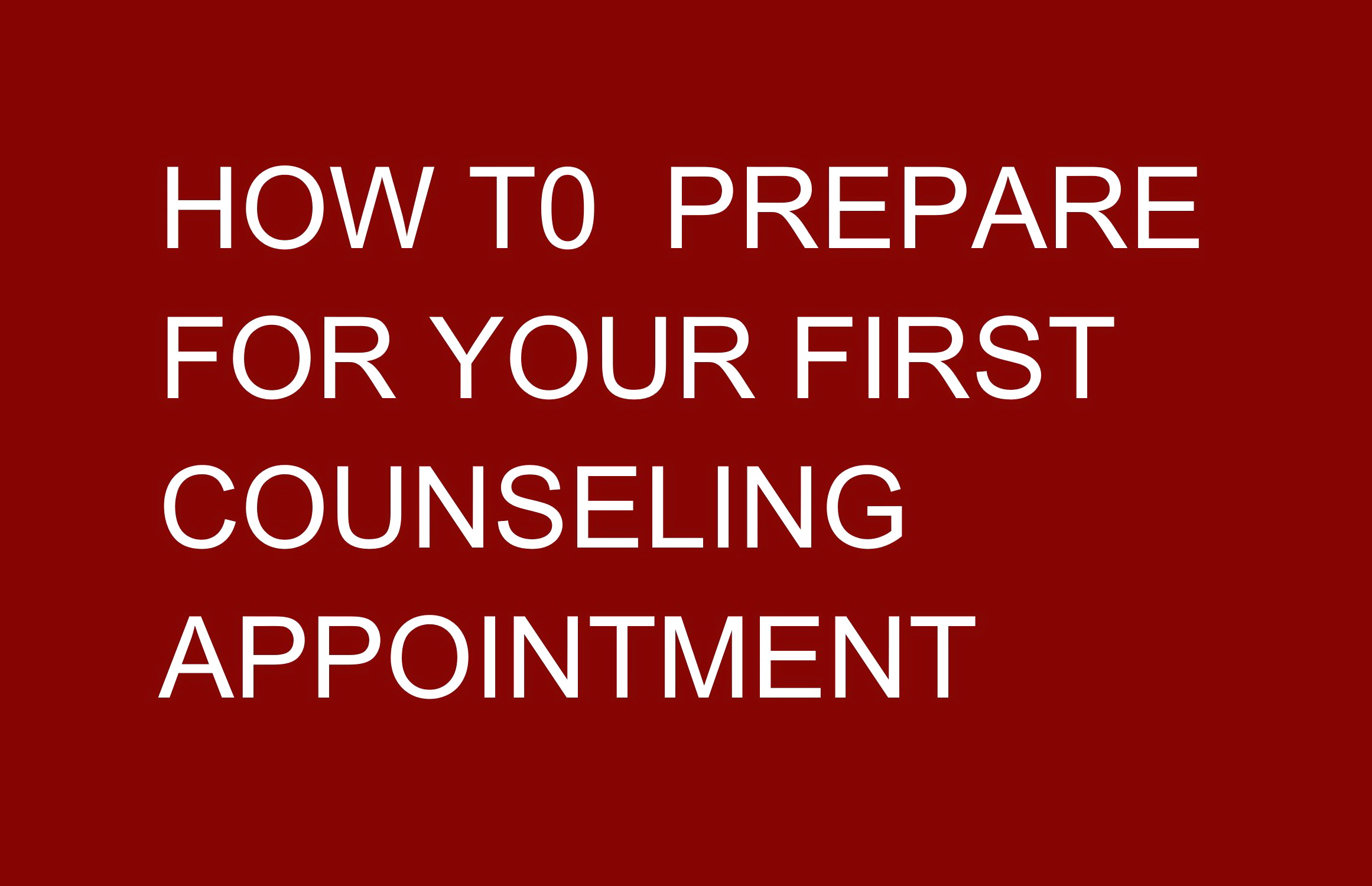
Recently, I received a questionnaire from my new doctor in advance of my annual wellness exam and this got me to thinking: Why not do the same for my new clients ?
In the past I‘ve written a number of articles which try to explain what counseling is. Becoming Reasonable: Updating our Notions of Mental Health and Counseling. (revmichaelheath.com) Likewise, there are many books and articles which explain what to expect from counseling but not a lot which help you to mentally prepare for your first session. —What to Expect from Therapy | JED (jedfoundation.org) Many wonder if it is okay to just show up?
Although many folks do come in for their first session unrehearsed, I have found, over the years, that it’s helpful for a client to take a little time before the first appointment and ask themselves some basic questions about what it is that is bothering them.
So, today’s segment is just that, some things for folks to consider who have never gone to counseling before and who are a little uncertain about how to proceed. After all, it is intimidating to sit down with a complete stranger and talk about personal and even embarrassing problems. How does one begin ?
Reflecting on what’s bothering you not only helps to calm the jitters but it also can provide an important context from which the issue emerged. This wider perspective is necessary for the counselor to accurately assess and treat what is of concern to you.
Here are some questions to ask yourself which can help you clarify/ communicate your experience to your counselor and help you get started:
— What is the problem? Don’t worry about technical language, just describe it in your own words.
— How long have you been aware of the problem ? Is it new or longstanding ? If it is a chronic issue, have you sought treatment before ?
— How serious do you think the problem is? Put your immediate issue in the context of other emotional problems that you’ve had. What is the worst-case scenario that you fear ?
— How does your problem interfere with your life ? Does it affect your mood or your physical health, your relationships, your work-performance or your ability to relax, sleep or have fun?
— How have you been traumatized and/or discriminated against in the past ? Apart from your own present emotional distress, are you aware of past trauma or events outside your control which complicate or interfere with dealing with your issues ?
— What do you think has caused the problem ?
— What else have you tried before making a counseling appointment ? Have you avoided making an appointment ? If so, why ?
–How would you describe your previous experience with doctors or therapists ? Have they been positive or not so good? Are you confident that things will get better as a result of counseling?
— Who are your supportive personal resources ? Do you have an adequate support network, e.g. a partner, friends or family)
— Is there anything else you wish to add ? In going over these questions, has anything else occurred to you that you think might be important or that you just wanted to mention ?
Although you are the expert about your own pain or frustration, taking some time to reflect on these questions before hand will help you to better communicate your experience to your counselor. In turn, the better that you communicate, the better s/he will be able to help you to have a successful counseling experience and achieve your therapeutic goals.
Rev. Michael Heath, LMHC, Fellow AAPC 10 16 2022



